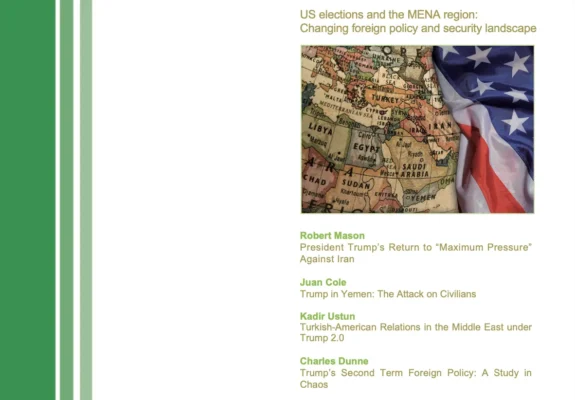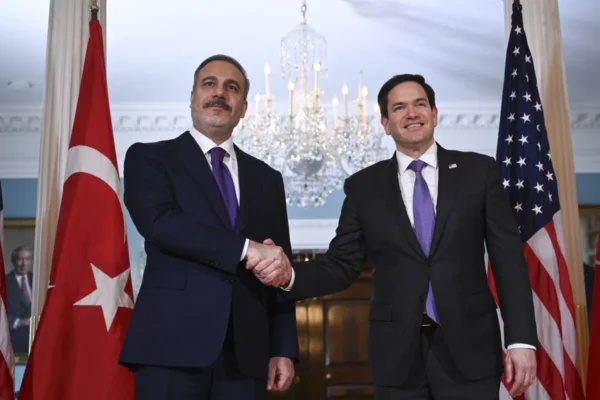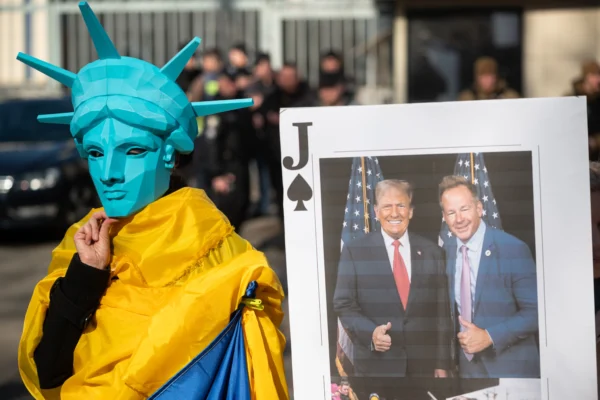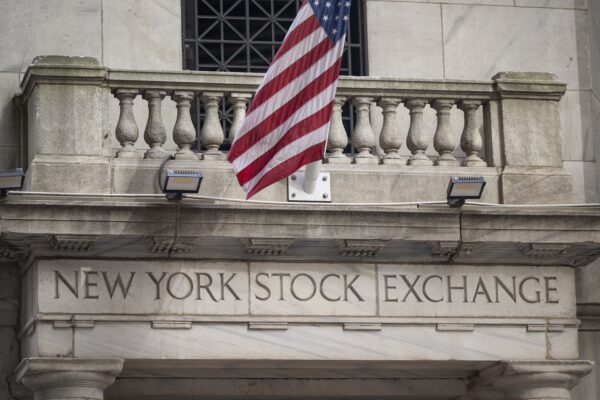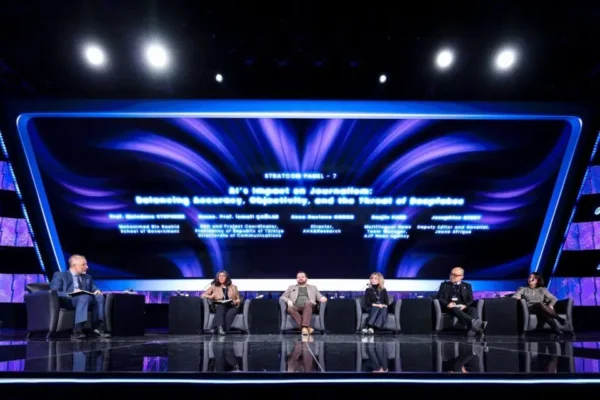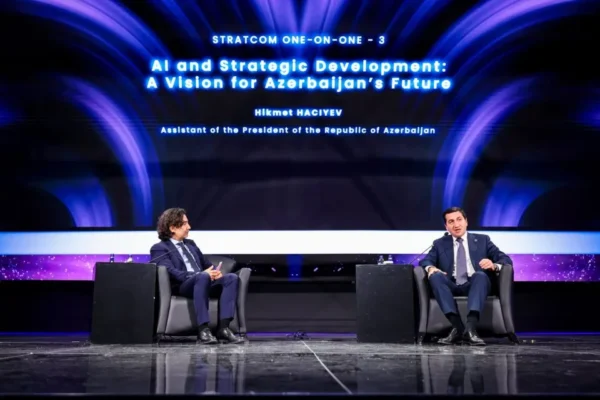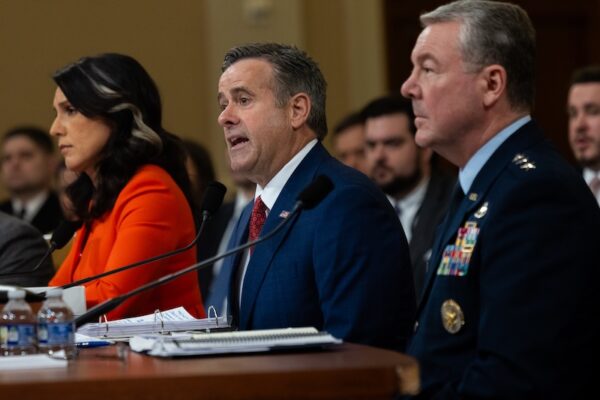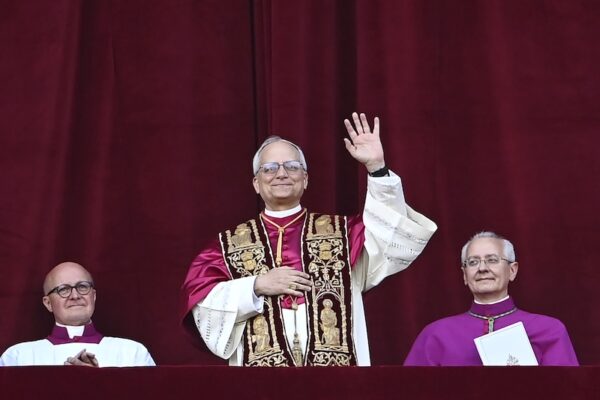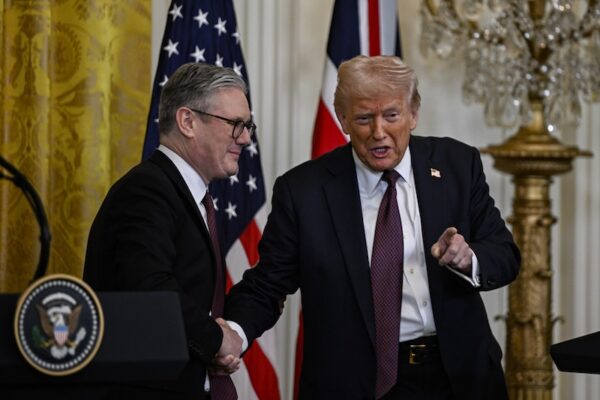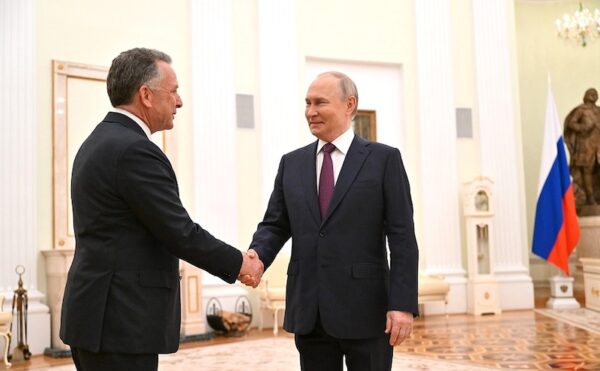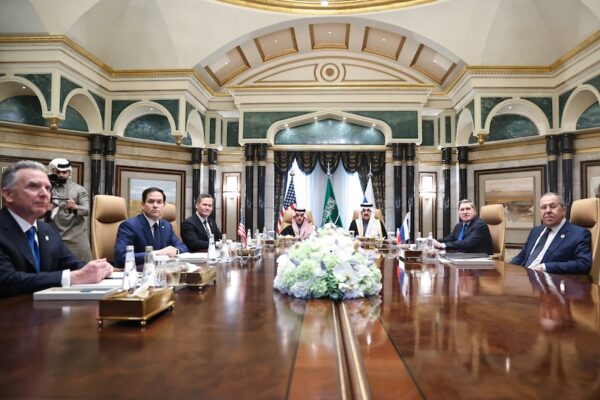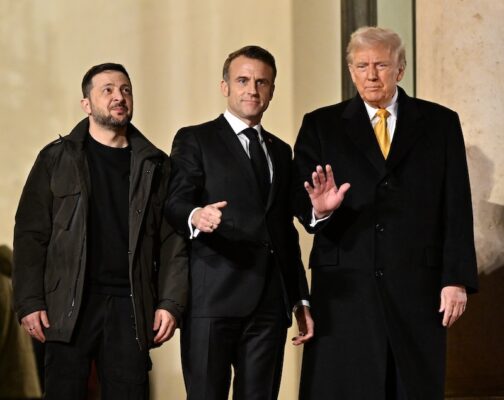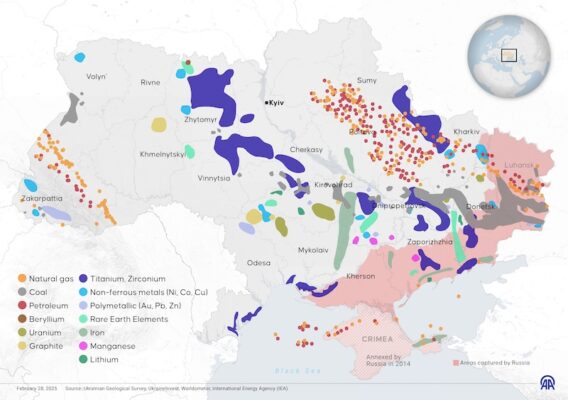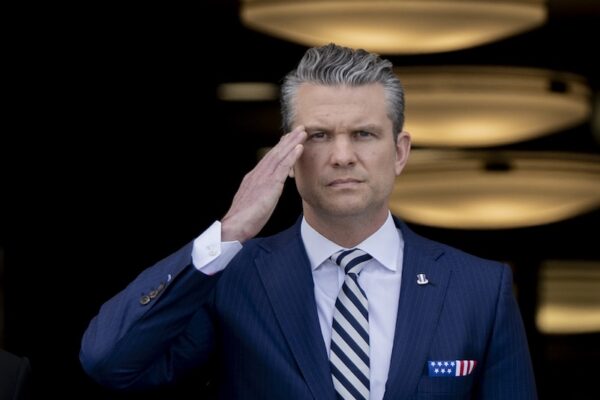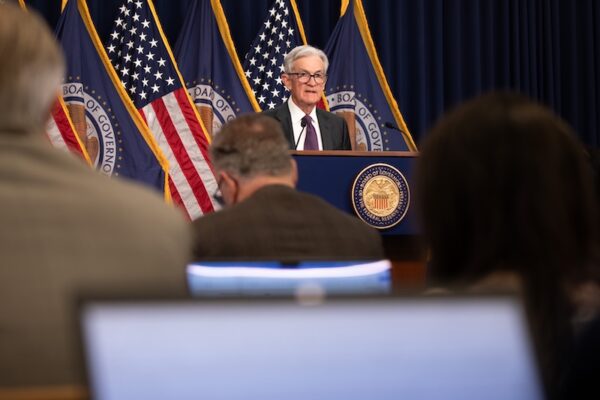Putin and Russia’s Dreams
Recent developments in Ukraine are an example of the emergence of a new civil war on a geopolitical borderline in Eurasia. Even though diplomatic negotiations between major actors in the international system and different factions of Ukraine have the potential to bring a temporary calm to the situation and stop the bloodshed, nothing will ever be the same for Ukraine. The most significant fault line in Ukrainian society is now active and it will be hard to stop the aftershocks for years to come. The upcoming election will hardly be a solution for the existing problems in the country.
The ramifications of this situation for Russia on the other hand are also very serious. Since the Russian invasion of Ukraine, a serious question has emerged regarding the place of Russia in the international system. Part of this question is about the perception of Russia. Russia’s international image has been suffering due to Russian support for the regime in Damascus. The Kremlin has been supplying not only arms and ammunition for the al-Assad regime but also providing a shield for the horrendous policies of Syria in international organizations through its veto power on the U.N. Security Council. After the events in Ukraine, the international image of Russia is facing another major setback. Putin’s Russia is becoming increasingly isolated in the international system. The response of the international community to the referendum in Crimea demonstrated the extent of this isolation. Putin not only failed to build a coalition but also endangered its projects such as the Eurasian Union. Now most of the neighboring former Soviet states are feeling the same degree of threat from the Putin administration. In fact, the period when Russia was considered a potential pillar of the new international system and one among the BRIC countries is now almost over. The Sochi Olympics that cost more than $40 billion (TL 83.6 billion) for the Russian economy is now nothing more than a failed attempt to produce soft power for Russia.
However, the perception of Russian power in the international system is not only a dimension of Russian identity. Public opinion and the domestic identity of the Russian people also plays an important role in determining the role of Russia in the international system. Most of the time Putin’s ambitions, dreams and political priorities are considered the only part of Russian identity. The rally round-the-flag phenomenon that Putin created since the crisis in Ukraine and mass demonstrations in Moscow, are seen as signs that the Russian people endorse Putin’s policies. However at this point questions emerge regarding the true nature of this support and whether the Russians’ dream today is equal to Putin’s dream. After the initial clashes between pro-Russian forces in Ukraine and the Ukrainian military and the increasing militarization of the crisis, it is important to focus on this question. Do Russians want their country to be perceived as an aggressive power in the international system? Are they ready to bear the burden of potential sanctions and international exclusion? Russian people had lived through hard times in the Cold War years under a totalitarian regime. After the end of the Cold War they experienced one of the worst financial crises in their history. Now they are at a critical juncture. Their dream for their future will play an important role in determining the future of Russian foreign policy. We will see if they share the same dream with Putin.
This article was originally published in Daily Sabah on May 8, 2014.





